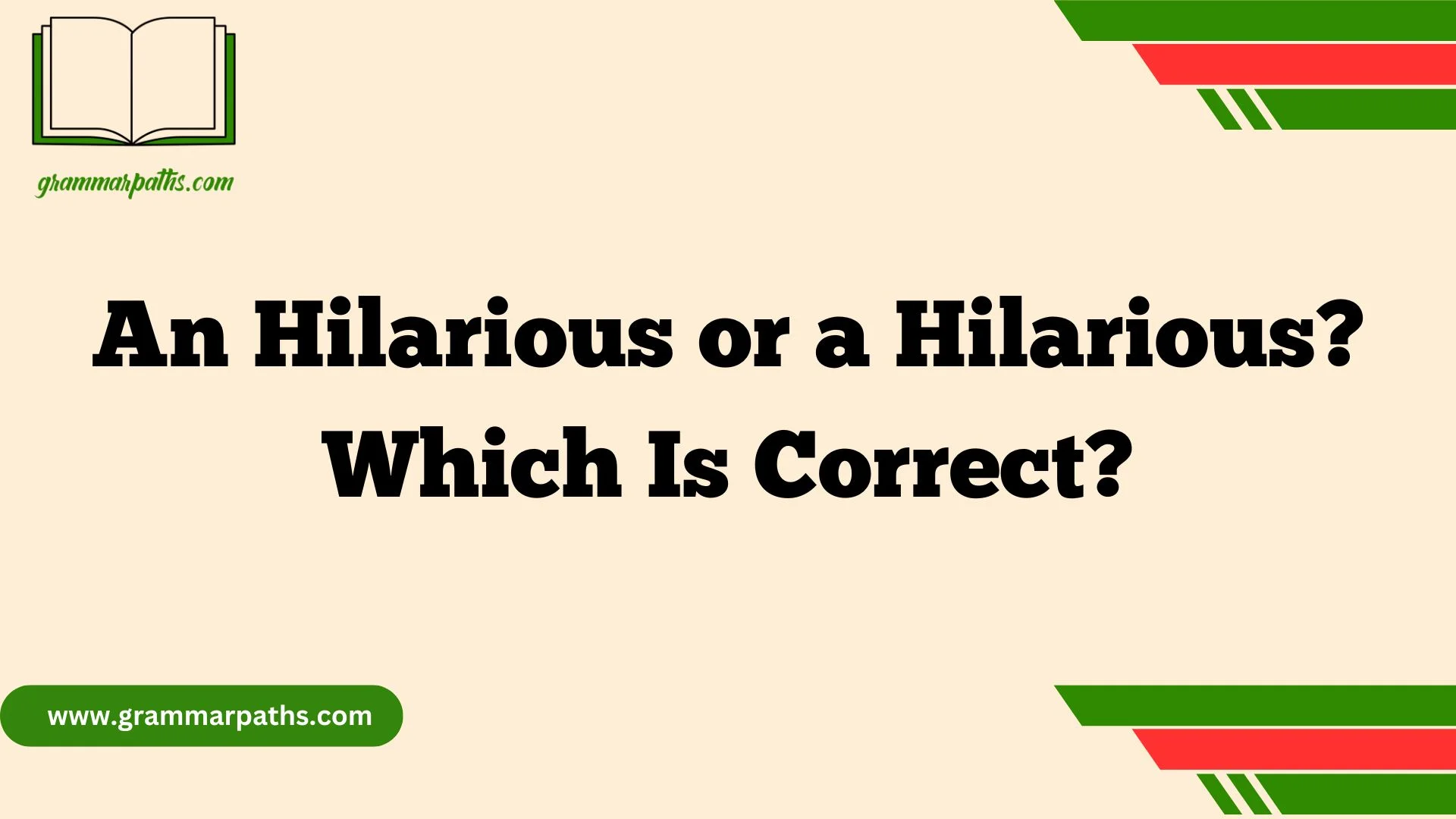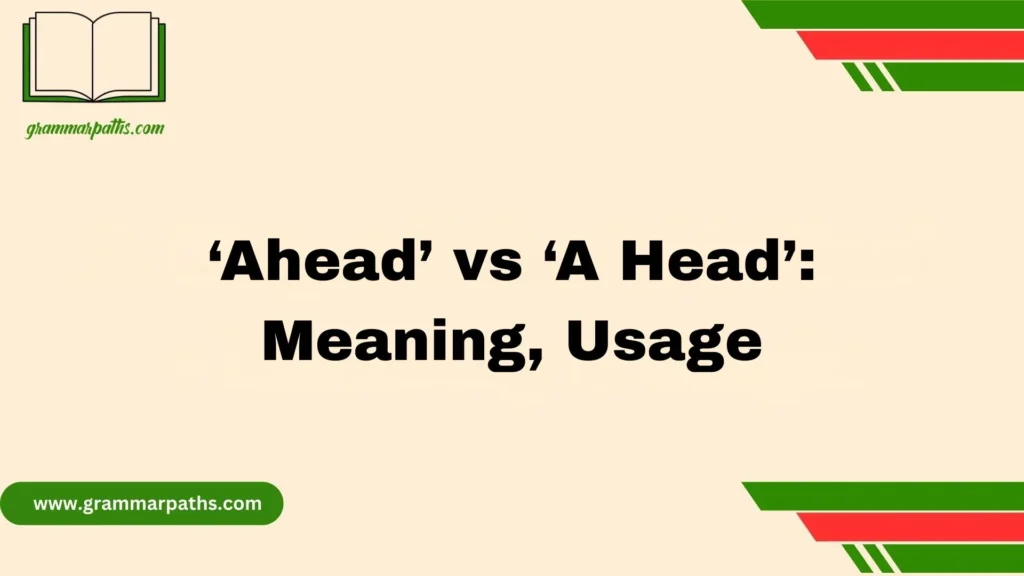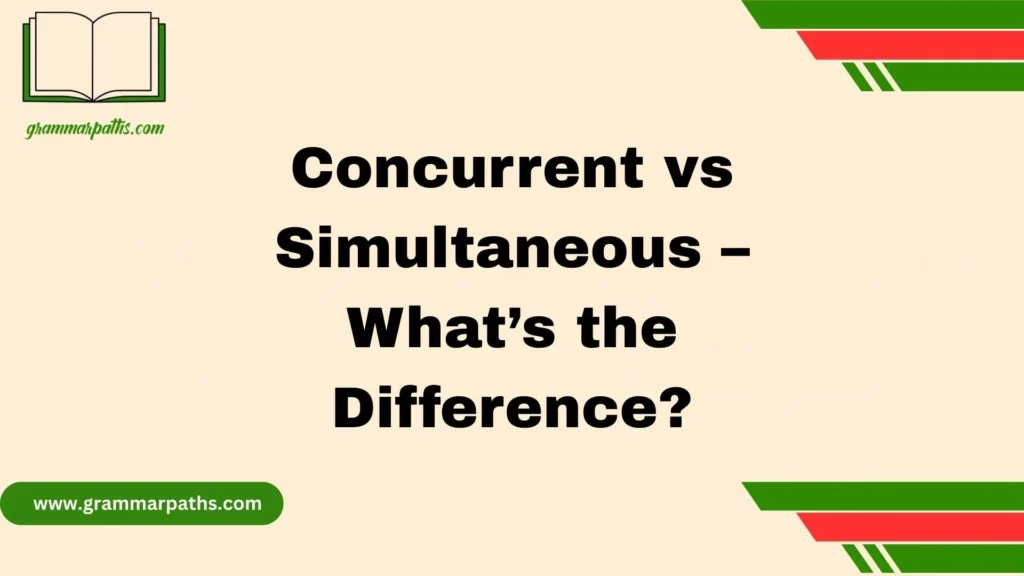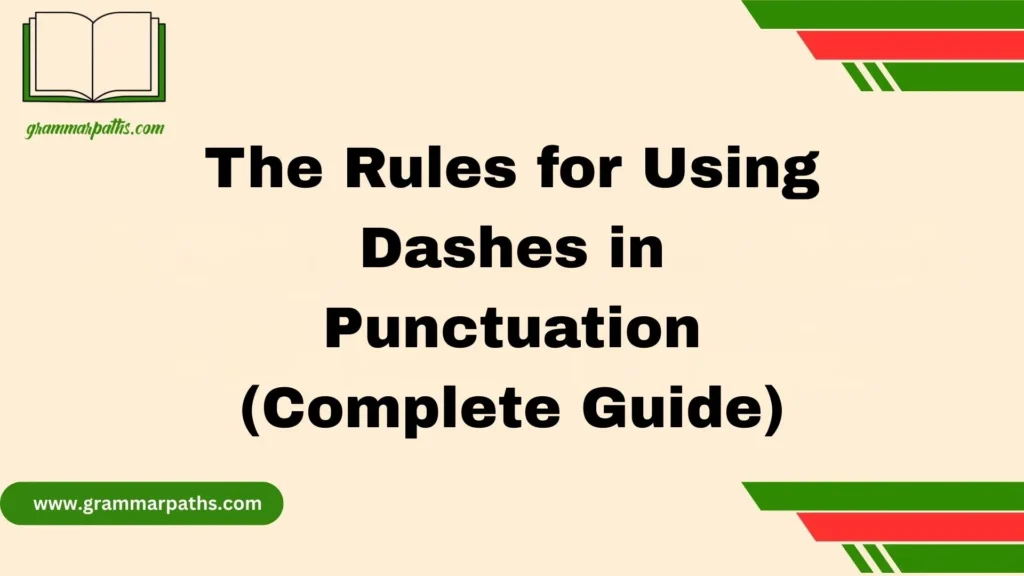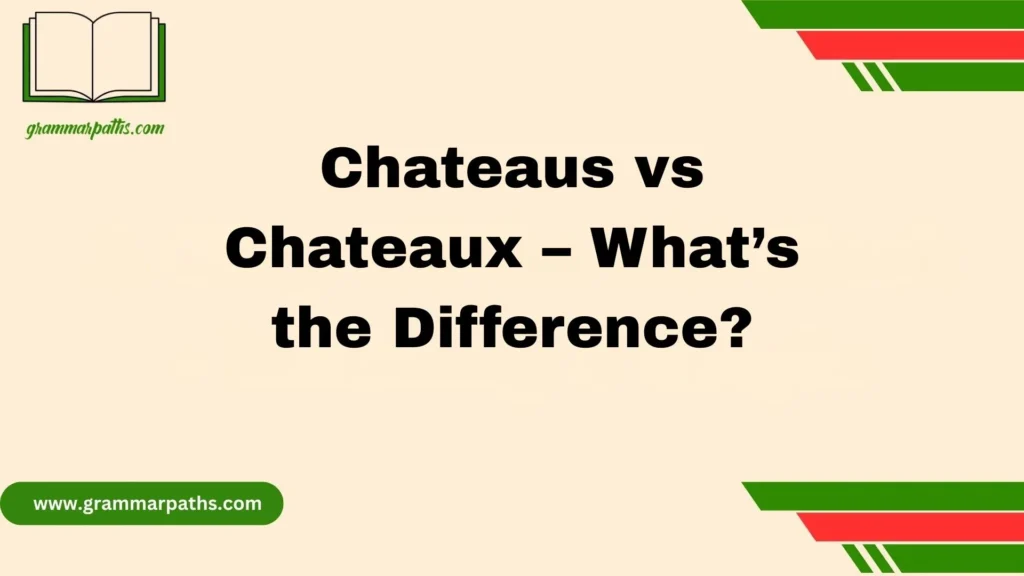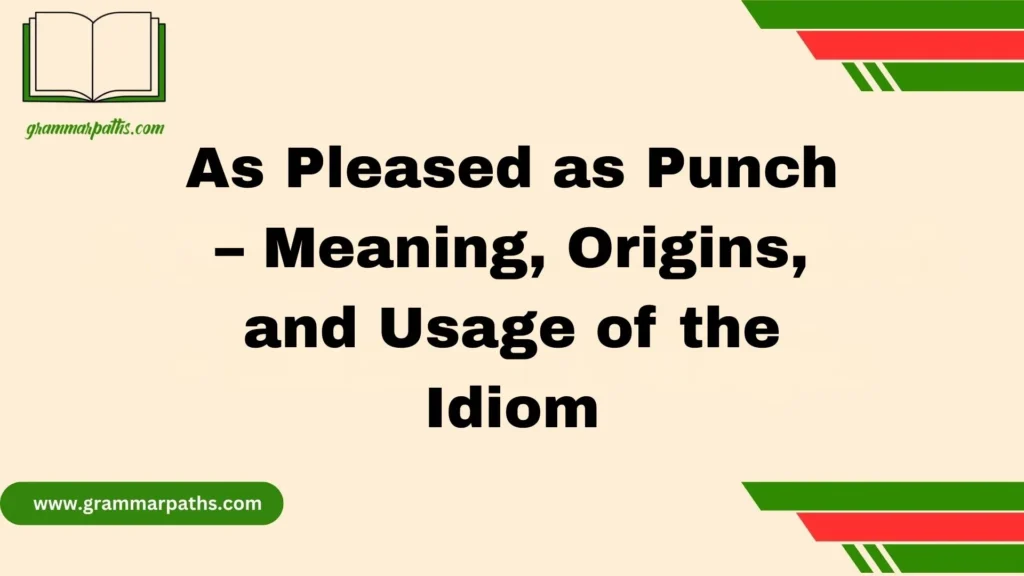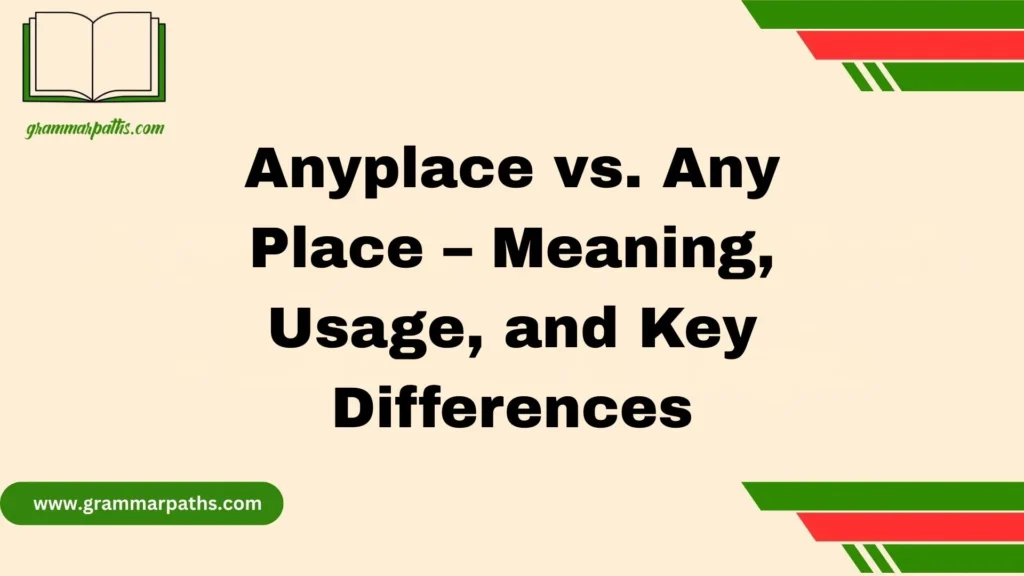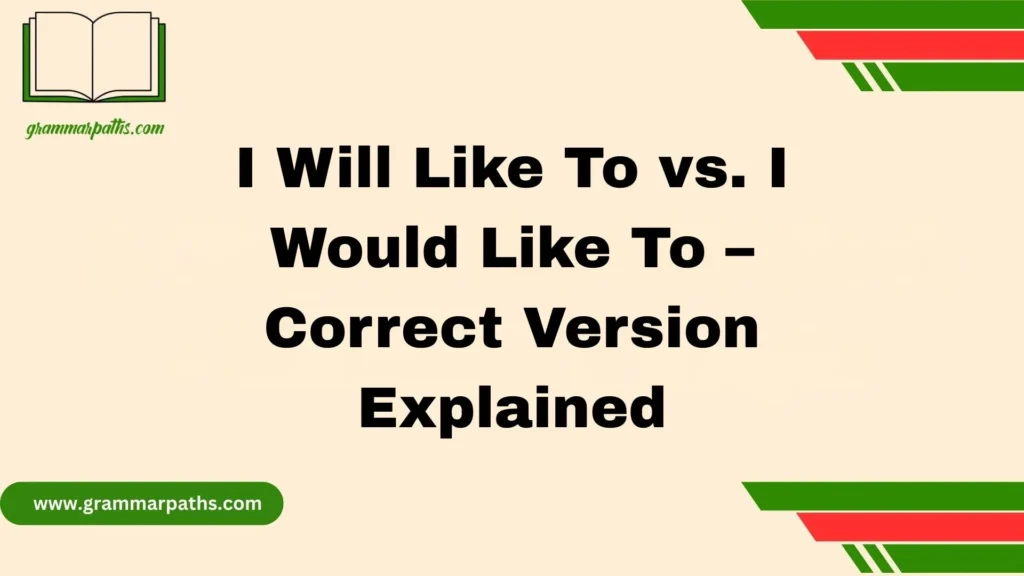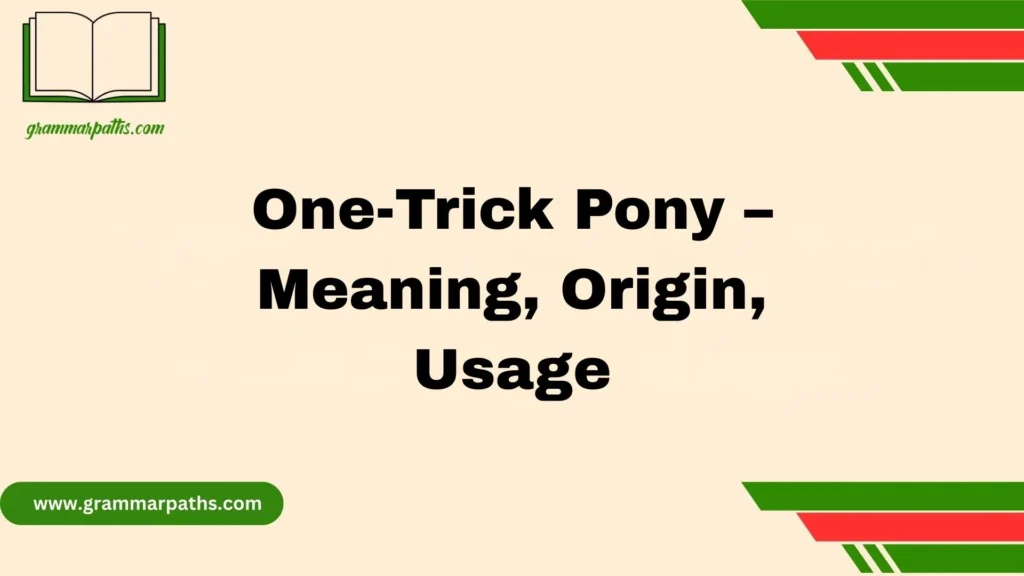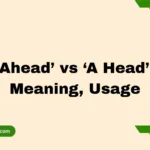English grammar is filled with nuances that can challenge even fluent speakers. One of the most frequently misunderstood areas is the use of the indefinite articles “a” and “an.” Despite their simplicity, these small words can lead to confusion—particularly when dealing with certain “h” words.
Take, for example, the phrase: “A hilarious or an hilarious?” It’s a question that has tripped up many learners and even native English speakers. Why does this confusion happen? And what’s the correct form?
In this article, we’ll take a closer look at the rules that govern “a” and “an,” especially when it comes to tricky cases like “hilarious.” By the time you’re done reading, you’ll know exactly which article to use and why—helping you avoid one of English’s most common grammar pitfalls.
Quick Answer: It’s A Hilarious—Here’s Why
- Modern English uses “a” before words starting with a pronounced H sound.
- “Hilarious” begins with /h/, as in “hill” or “horse.”
- If you say “an hilarious,” you’re treating the H like it’s silent—which it isn’t.
Still confused? Let’s break it down further.
The Grammar Rule You’re Actually Using (Without Knowing It)
Vowel Sounds vs. Written Letters
What matters is sounds, not spelling. English speakers use:
- “a” before consonant sounds: a cat, a house, a university
- “an” before vowel sounds: an apple, an echo, an hour
Even if a word starts with H, if it’s pronounced, use “a.” In contrast, silent-H words like honest or heir take “an.”
Why “An Hilarious” Sounds Old-School
In the 19th and early 20th centuries, some British speakers used “an” before H—especially in formal or poetic contexts. Think old literature where you’d read:
“Such an humble abode…”
But modern English has moved on. Today, pronouncing the H clearly makes “an hilarious” feel archaic—or even comical in the wrong way.
Real Examples: “A Hilarious” in the Wild
We looked at usage:
| Source | Example |
| The Guardian (2024) | “We had a hilarious time…” |
| New York Times (2023) | “a hilarious performance by the ensemble” |
| BuzzFeed (2025) | “That is a hilarious cat video!” |
Google Ngram Trends
A search from 1800–2019 shows “a hilarious” far outpaces “an hilarious.” The latter barely registers since 1950.
Common Confusion: Why Some Still Say “An Hilarious”
- Old grammar guides still muddy the waters.
- Hypercorrection: People try to be “proper,” overthink the H, and default to “an.”
- Oral habits: If you say it often in speech, it sneaks into writing.
Related Words That Do Take “An”
- an honest mistake (silent H)
- an honor (silent H)
- an hour of sleep
Why they’re different: The H is unvoiced, so the word starts with a vowel sound.
Quick Comparison Table
| Word | H Pronounced? | Correct Article |
| hilarious | Yes | a hilarious |
| honest | No | an honest |
| honor | No | an honor |
| hour | No | an hour |
| historic | Yes* | a historic* |
*Note: “historic” sometimes appears as “an historic” in British English. But “a historic” is the safest choice in most contexts.
Real Grammar Authorities Weigh In
- Merriam‑Webster: Use “a hilarious event.”
- Cambridge Dictionary: Matches usage based on sound, not spelling.
- Oxford English Dictionary: Defines leading “h” words properly pronounced.
Is It Ever Okay to Use “An Hilarious”?
In rare cases:
- Formal British writing or poetry—where archaic tone is intended
- Maybe for satirical flair (“It was an hilarious suggestion—just absurd!”)
But even then, you risk sounding stiff or pretentious. In everyday writing, stick with “a hilarious.”
What Teachers, Editors, and Job Interviewers Expect
- In academic or professional writing, using “a hilarious” signals clarity and confidence.
- Using “an hilarious” might show outdated knowledge or overthinking.
- Editors often correct it. LinkedIn writing advice, for example, urges clean, modern article usage.
Summary Table: A vs. An (With Common Confusing Words)
| Word | Pronounced H? | Correct Article | Why it matters |
| hilarious | Yes | a hilarious | H-sound starts the word |
| honest | No | an honest | H-silent, vowel sound |
| honor | No | an honor | H-silent, vowel sound |
| historic | Yes | a historic* | Historic vs. an historic nuance |
| heir | No | an heir | H-silent, vowel sound |
| university | No (soft y‑sound) | a university | “you” sound begins the word |
* Though British writers occasionally use “an historic”, “a historic” is universally safe.
How to Stop Overthinking It: Quick Rule of Thumb
- Say it aloud: If it starts with /h/ sound, use a.
- Remember: silent H = vowel sound = an.
- Tip: Practice with common words until it becomes second nature.
Test Yourself: Are You Using It Right?
Fill in the blanks, then check your answers below:
- ___ hilarious joke
- ___ honest mistake
- ___ historic moment
- ___ hilarious cat meme
- ___ hour-long break
Answers:
- a hilarious joke (H pronounced)
- an honest mistake (silent H)
- a historic moment (pronounced H)
- a hilarious cat meme (pronounced H)
- an hour-long break (silent H)
Bonus: What Makes a Sentence Truly Hilarious?
Understanding “hilarious” isn’t just grammar—it’s about humor too. Look for:
- Timing: build tension, then surprise.
- Relatability: make readers nod, “Yes, I’ve been there!”
- Surprise twist: start normal, end unexpected.
By sprinkling in a hilarious example, your writing doesn’t just sound correct—it succeeds at entertaining too.
Conclusion:
In conclusion, the correct usage is “a hilarious”, not “an hilarious.” This is because the word “hilarious” begins with a consonant sound—the “h” is clearly pronounced in modern English. According to the rules of English grammar, the article “a” precedes words that start with a consonant sound, while “an” is used before vowel sounds. Though “an hilarious” may appear in older texts or more traditional British English, it is now considered outdated and grammatically incorrect in contemporary usage.
Understanding these simple yet essential rules can significantly improve your writing clarity and spoken English fluency. Whether you’re writing a funny article, editing content for a blog, or just expanding your grammar knowledge, remembering the article usage rules will ensure you sound both professional and accurate.
FAQs
Do you say “an hilarious” or “a hilarious”?
The correct form is “a hilarious”. Although “hilarious” starts with an “h”, the “h” is pronounced, so we use “a” instead of “an”. Use “an” only when the “h” is silent.
Is it an horrific or a horrific?
Both “an horrific” and “a horrific” are used, but “a horrific” is more common in modern English. The choice depends on whether you pronounce the “h” sound—most speakers do, making “a horrific” the standard.
Which is correct, a heroic or an heroic?
The correct and most common usage is “a heroic”. While “an heroic” may appear in older or British texts, in contemporary English where the “h” is pronounced, “a” is preferred.
Is it a or an before a word beginning with h?
Use “a” before words that start with a pronounced “h” (like “a hat”). Use “an” when the “h” is silent (like “an hour”). The key is whether the following word begins with a vowel sound, not just a vowel letter.
When to use a or an?
Use “a” before words with a consonant sound and “an” before words with a vowel sound. For example, “a university” (starts with a “yoo” sound), but “an umbrella” (starts with an “uh” sound).
What word in the dictionary is hilarious?
The word “hilarious” itself is in the dictionary, defined as extremely funny or amusing. It’s used to describe things that cause loud laughter or great amusement.

Emma Brooke is a passionate language expert and contributor at GrammarPaths.com, where she helps learners navigate the complexities of English grammar, idioms, and effective writing. With a strong academic background and years of teaching experience, Emma excels at turning tricky grammar rules into simple, practical lessons that readers can easily grasp.
